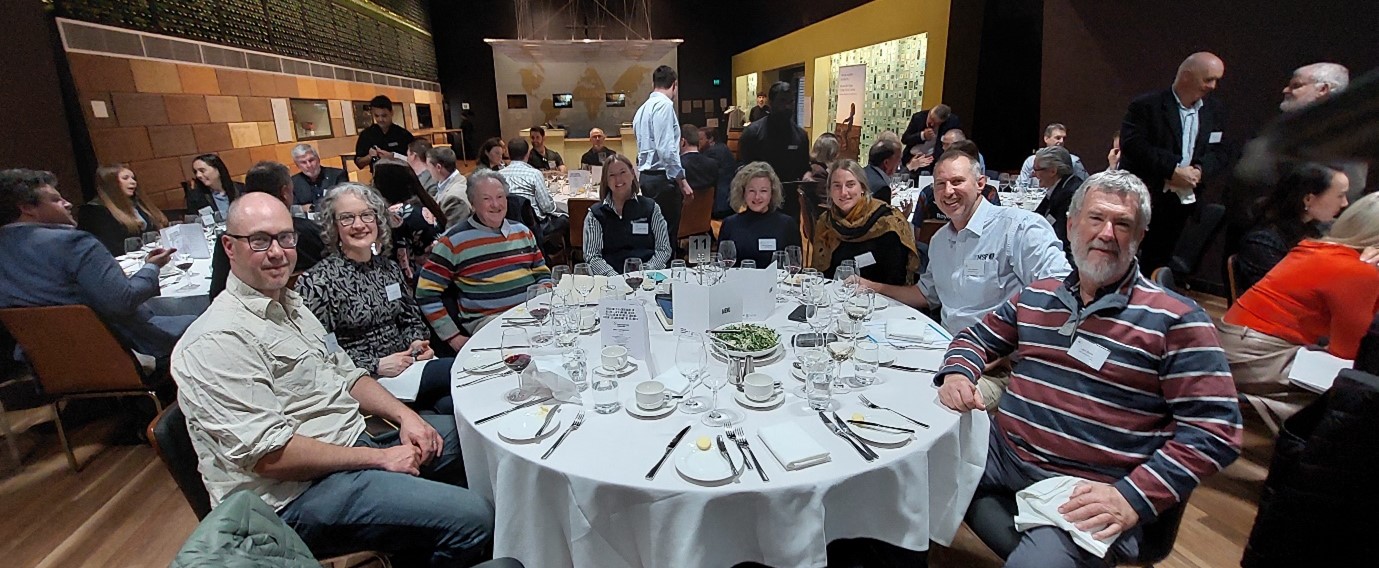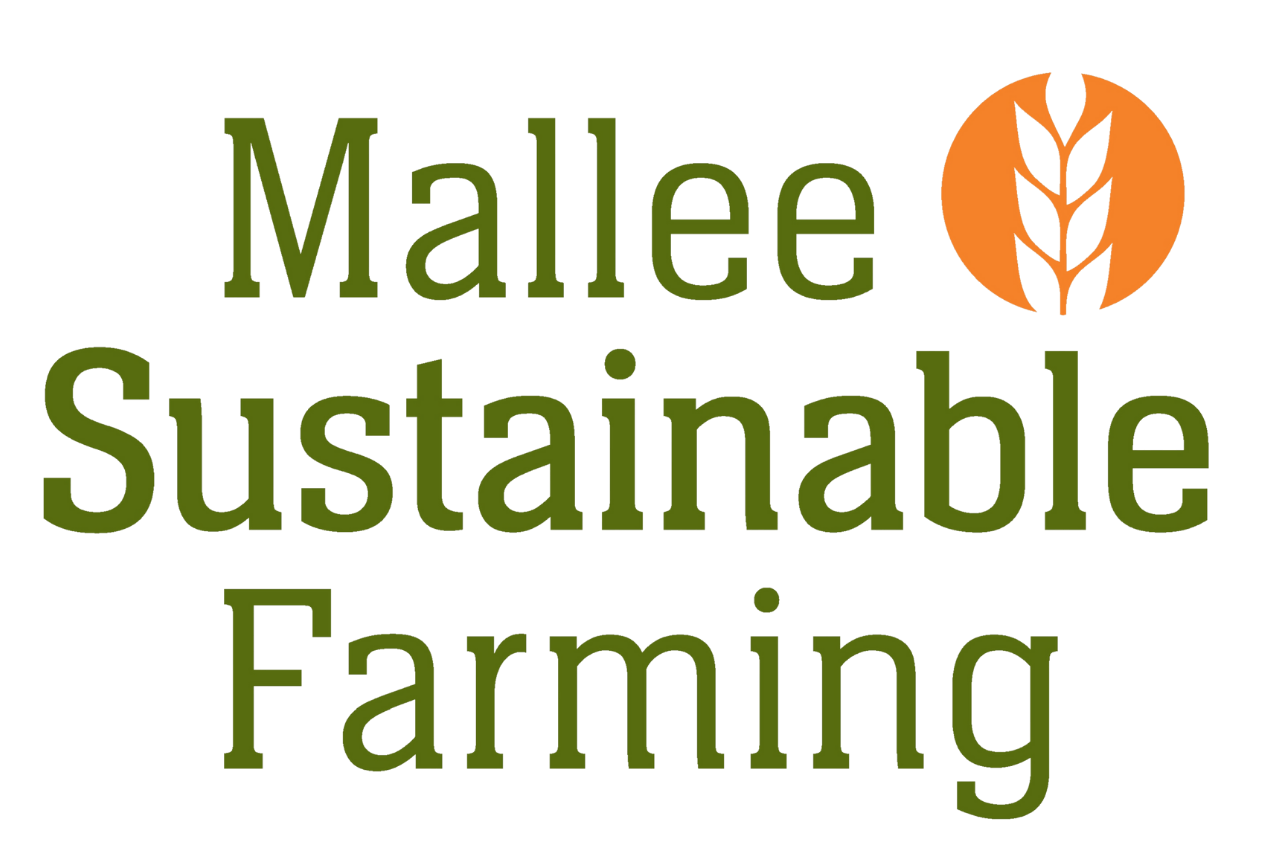
Mallee Sustainable Farming recently hosted a table at the SA Agribusiness Annual Lunch in Adelaide. Keynote speakers included Professor Richard Eckard from The University of Melbourne and Natasha Greenwood from the Commonwealth Bank.
Key messages included the following:
- While the Federal Government has committed to reducing emissions by 43% by 2030, targets set by companies buying agricultural products are at least as important – to stay competitive, farmers may need to know their footprint, and be able to show they are doing their best to reduce it.
- There are a range of greenhouse gas calculators available to producers to help calculate emissions from livestock and grains production (see piccc.org.au), with more under development.
- Some banks, including the Commonwealth Bank, are offering cheaper or better access to finance for low emissions projects.
- Most Australian Carbon Credits issued so far from rural Australia have been from avoided clearing, modified savanna burning, and revegetation projects in pastoral areas, with some also coming from forestry, soil carbon and manure management projects.
- Sequestering carbon in soils is particularly difficult in low rainfall areas, since sequestration is mostly driven by rainfall and carbon can be lost faster than it’s stored – but do whatever you can to protect and build soil carbon for the well proven agronomic benefits.
- Seek independent advice before signing up with any project developer, particularly with soil projects where rates of soil sequestration are low and risk of loss is high.
- Most farmers should think carefully before selling of carbon credits off-farm, since the credits generated are likely to be needed ‘in-house’ to meet future market demands.
- In future, a farm’s biodiversity assets will be assessed alongside carbon accounts when a farm’s environmental credentials are evaluated.
At the lunch, MSF was joined by extensionists, researchers and farmers involved in PIRSA’s current carbon farming pilot projects (see below).
MSF’s current carbon farming pilot is focussed on learning how to baseline carbon stock in soils on typical Mallee farms, and what methods may be available to improve soil carbon stock.
For more information or to join in the project contact Nick Paltridge at MSF at nick@msfp.org.au.











